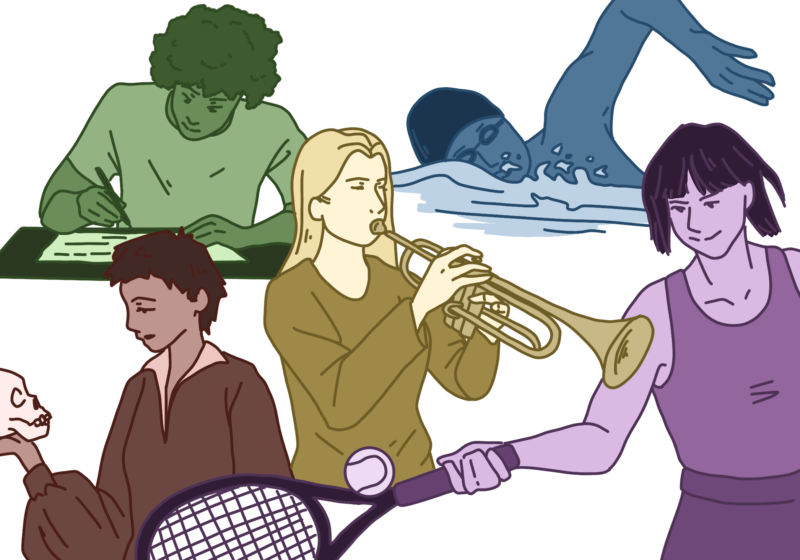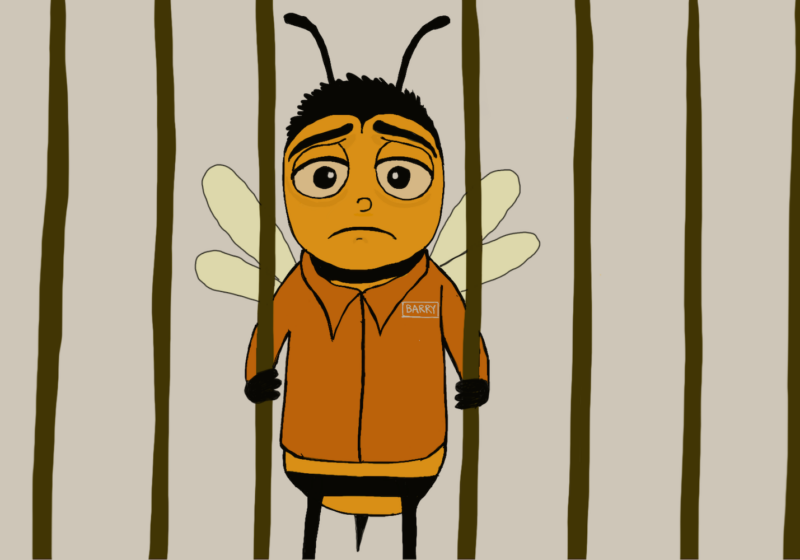I don’t know if this is just me, but has anyone else experienced the stress of overhearing someone talking about a passion of yours, and you’re mentally debating whether to join the conversation because you’re kind of a beginner and you’re not that good at it? If you share this niche experience, this article is for you.
For a very long time, I didn’t consider something an activity or interest of mine unless I thought I was good at it. My love for running is a perfect example. I was someone who never exercised unless forced to for gym class, but during the height of quarantine, when I was sick of being inside all day, I decided to give running a try. It was rough at first, to say the least — there was a lot of walking — and I didn’t consider myself a “runner” until I could go a certain number of miles. Even then, I still didn’t want to tell anyone because they would ask the inevitably judgmental questions of, “What’s your mile time?” or “How many miles can you run?”. It took me a while to realize that if I run, then I’m a runner. It’s an activity I love and makes me happy, and that’s all that matters.
Most of us have been taught that when you do something, you should do it well. This is generally a good rule to live by, but not when it comes to expanding your horizons. It’s great to be good at something you enjoy, but it should also be totally okay to maybe not be so great at it. I am horrible at tennis, and I’m probably not going to get any better, but I still like it. When we try something for the first time and fail, oftentimes the more appealing option is to never do it again to save ourselves from future embarrassment. While this is totally understandable, in my own experience, I have learned so much more about myself and the world through the process of trying and failing — repeatedly. After I started running, I learned that I actually have a lot of patience and enjoy exercise. Many of us don’t want to fail because we’re afraid of others’ judgment, but remember that trying new things is for you and you only. It’s about discovering what you’re capable of and not about achieving a certain standard set by others.
This mindset applies to academics as well (although failing a class is a lot more consequential than, say, falling off a skateboard). Think of this advice as a reminder that you don’t always have to be doing the most. It’s more than okay to go at your own pace. You don’t have to overload every semester or apply to every research or internship opportunity. Sometimes we just need a reminder that it’s okay to be just okay.





